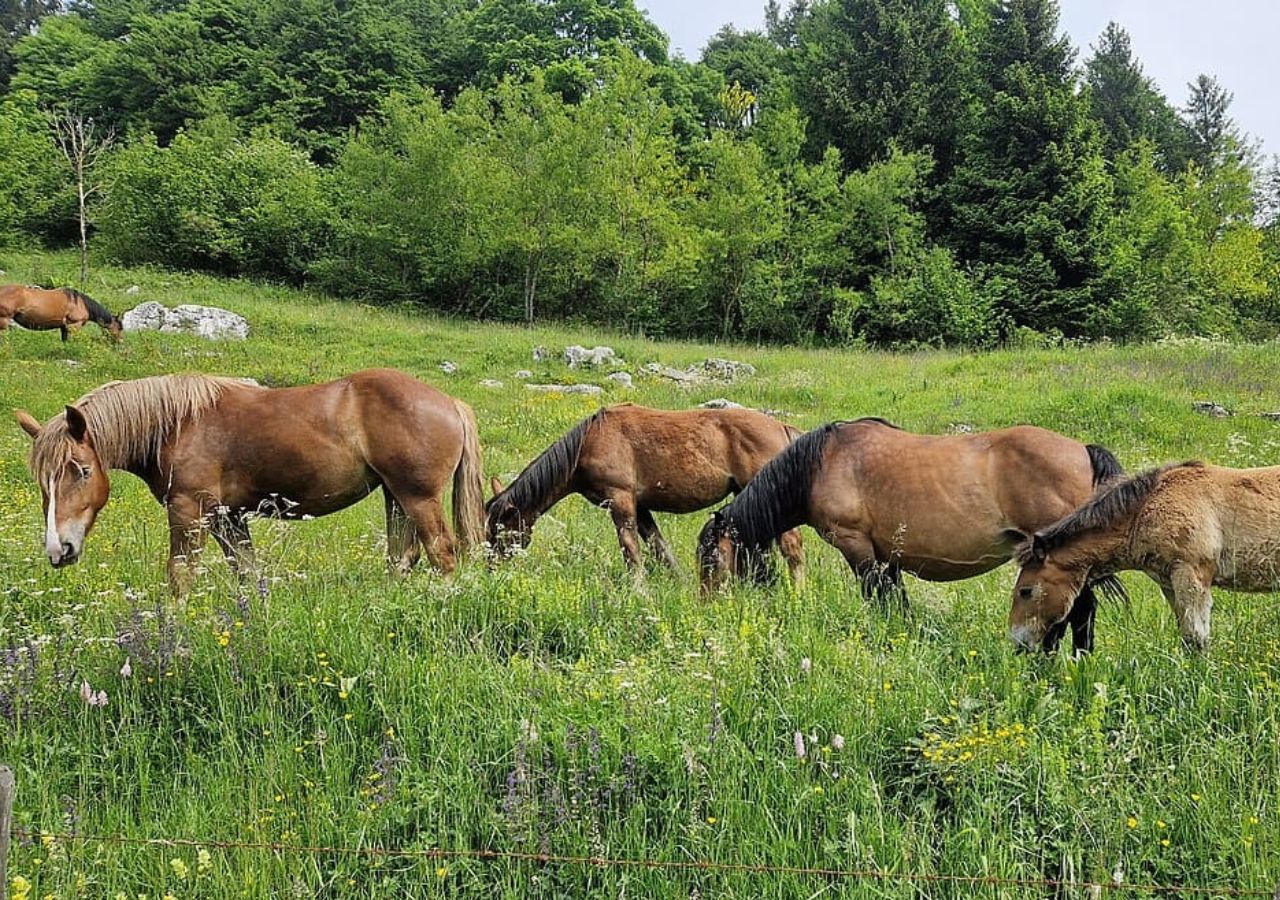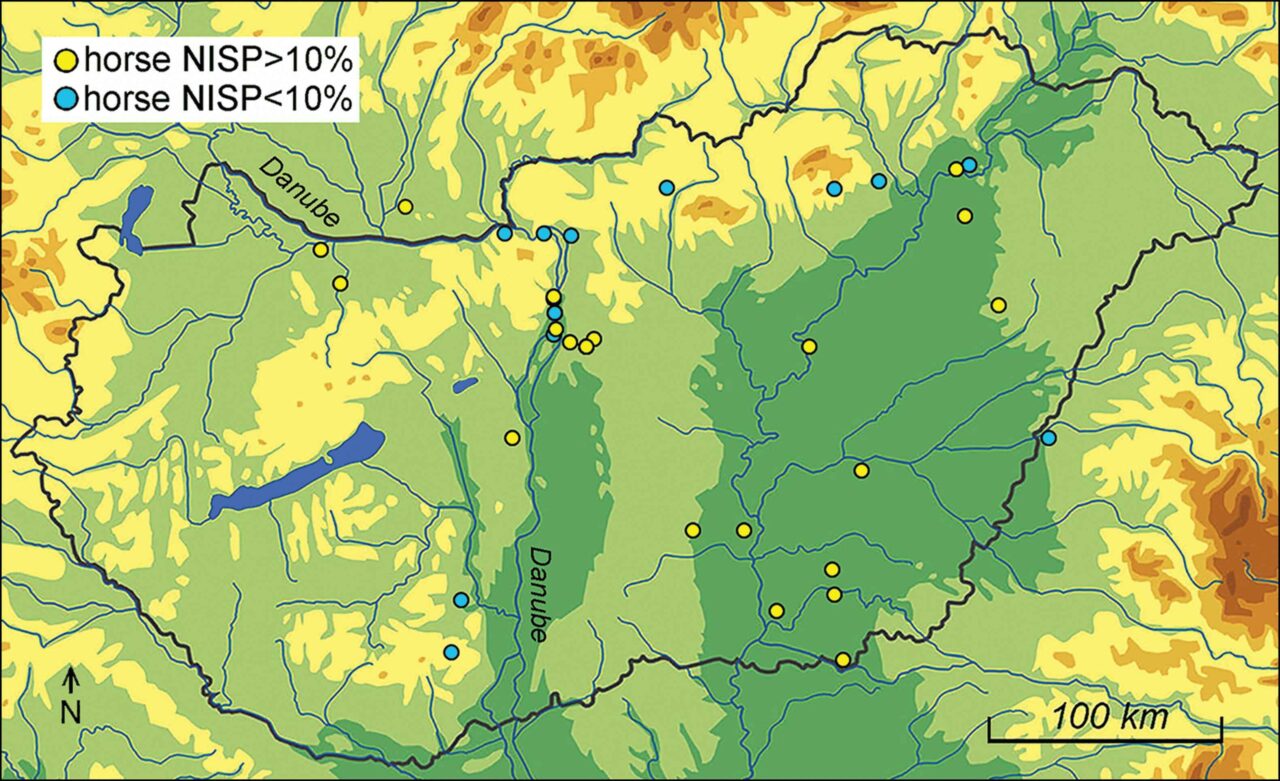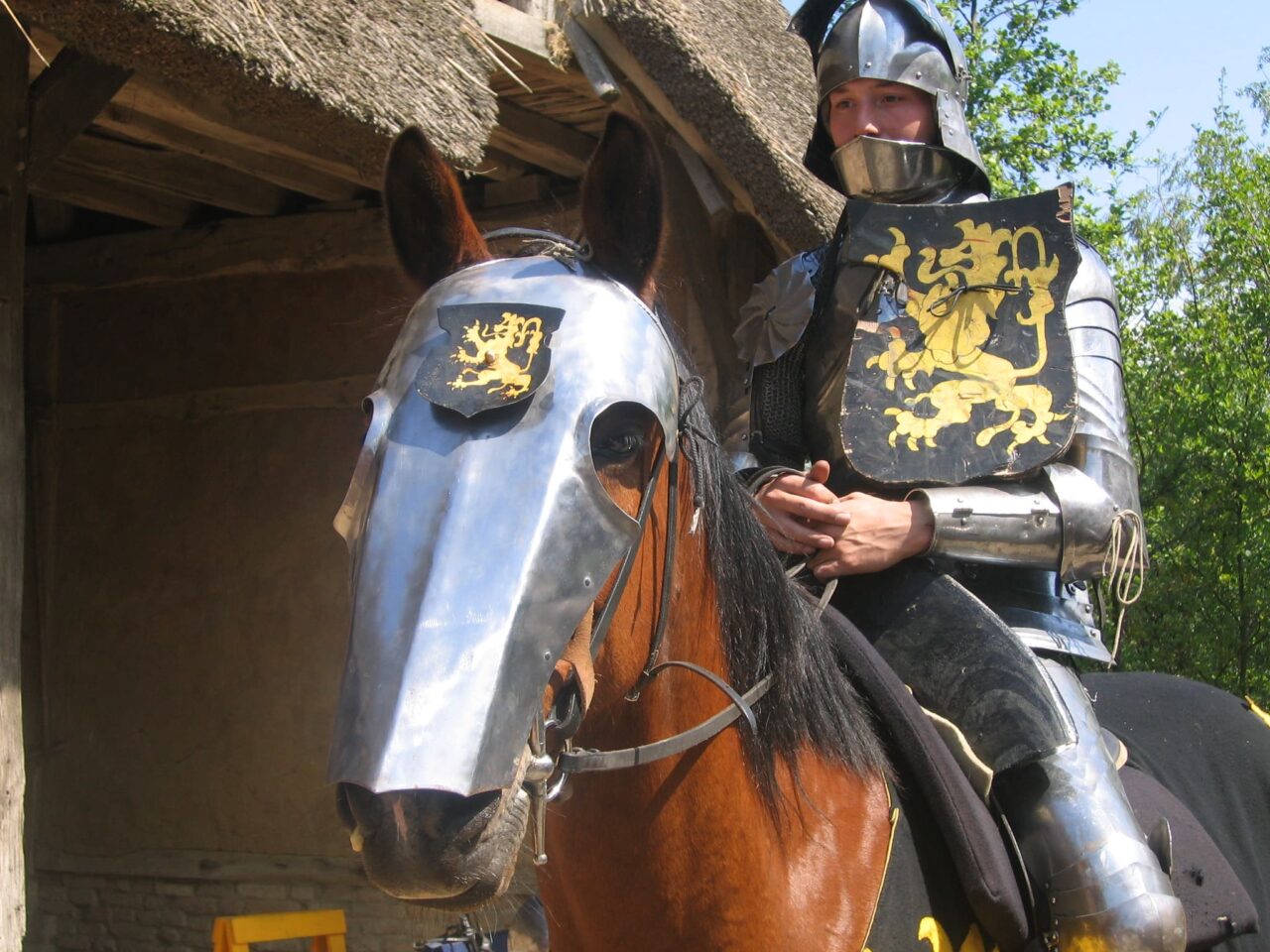Is it a misconception that Hungarians did not eat horse meat? Here’s what archaeologists say

New research shows that Hungarians continued to eat horse meat for centuries after adopting Christianity, and that its decline was driven more by social and economic changes than by religious bans.
What ended horse meat consumption?
Horse meat played a significant role in the medieval Hungarian diet for many centuries, far longer than previously thought. According to a new archaeological study by Hungarian researchers, the adoption of Christianity did not immediately lead to the disappearance of horse meat from Hungarian meals. In fact, rural communities continued to consume it regularly during the Árpád era, from the 11th to the 13th centuries. The study, published by Cambridge University Press in the journal Antiquity, concludes that the decline of horse meat consumption was due to social and economic factors, not religious prohibitions.
198 sites, hundreds of thousands of bones
Researchers analysed the animal bone remains from 198 archaeological sites across present-day Hungary. Their goal was to chart the frequency of horse meat consumption throughout different periods of the Middle Ages using quantitative methods. The proportion of horse bones found in food waste was surprisingly high: in dozens of settlements, they made up 10–30% of all domesticated animal bones. This strongly indicates that eating horse meat wasn’t just a rare, lingering pagan custom but a regular part of daily life at the time.

The turning point: the Mongol Invasion
According to the study, a major shift occurred in the mid-13th century, particularly after the Mongol Invasion (1241–1242). The invasion caused massive loss of life and widespread destruction, and also decimated the country’s horse population. Many horses were either taken or killed, making the remaining stock increasingly valuable. Horses began to be seen as strategic assets—for military and economic purposes, or as status symbols—rather than sources of food. As a result, horse meat gradually disappeared from everyday meals.

Western influences and the growing taboo on eating horse meat
As the country rebuilt following the Mongol Invasion, settlers from Western Europe also brought new cultural practices. In many Western societies, eating horse meat was frowned upon—and in some cases, even prohibited by the Church. Although the Church in Hungary never officially banned its consumption, the process of urbanisation, the nobility’s influence, and shifting societal values all contributed to the practice fading away. Gradually, horse meat disappeared from the menu, and horses came to symbolise social status, economic power, and military strength.
One of the key takeaways from the research is that historical records—mainly chronicles and religious texts—don’t always reflect the realities of daily life. Archaeological findings, in contrast, offer clearer insights into actual community practices. While medieval writers were labelling horse meat consumption as a lingering pagan tradition as early as the 11th century, rural communities continued the practice well after that, simply because it made sense. Horse meat was nutritious, accessible, and common people ate what was available. The study’s final conclusion is that horse meat disappeared from the Hungarian diet not because of religious restrictions, but because it became increasingly scarce and more valuable in military and societal terms.
Read more Hungarian history-related news on Daily News Hungary!
Featured image source: NatAmbrosi / Wikimedia Commons
To read or share this article in Hungarian, click here: Helló Magyar







